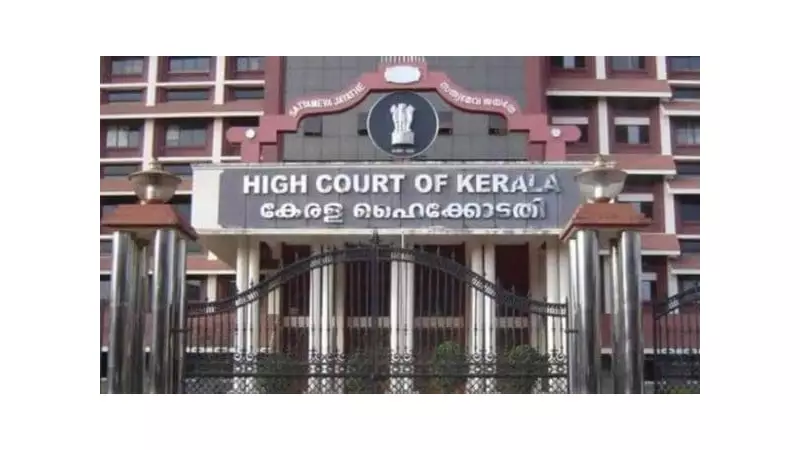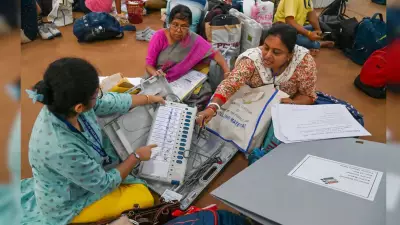
The Kerala High Court has delivered a significant judgment clarifying that courts should not pass orders of acquittal under Section 256 of the Criminal Procedure Code (CrPC) automatically or mechanically merely because the complainant is absent from a hearing.
Judicial Discretion Must Be Exercised
Justice Bechu Kurian Thomas emphasized that while Section 256 CrPC grants magistrates the power to acquit an accused when the complainant fails to appear, this does not mean the court must acquit without considering other options. There should be an application of mind to the question of whether an acquittal order under Section 256 CrPC should be passed.
The court observed that the provision also provides discretion to the magistrate to adjourn the case to another day. The proviso to Section 256 specifically allows for an adjournment if the magistrate believes the complainant's personal appearance was not necessary on that particular date.
Case Background: Cheque Bounce Complaint
The ruling came while the court was dealing with a petition challenging the acquittal of an accused in a cheque dishonour case. The original complaint alleged that a cheque issued by the accused was dishonoured upon presentation.
When the case was posted for evidence, the complainant neither appeared personally nor was represented by counsel. Consequently, the magistrate acquitted the accused under Section 256 CrPC.
Court's Reasoning and Final Order
The High Court noted that magistrates must consider the surrounding circumstances before deciding on acquittal, including whether the case has been prosecuted with bona fides or in good faith.
In this instance, the court found that the complainant had been prosecuting the matter with diligence, making the automatic acquittal unjustified. The bench set aside the acquittal order dated September 1, 2023, in S.T. No.26 of 2023 from the Chief Judicial Magistrate Court-III in Aluva.
The case has been remanded for fresh consideration, with the court directing both parties to appear before the Aluva court on November 21, 2025.





